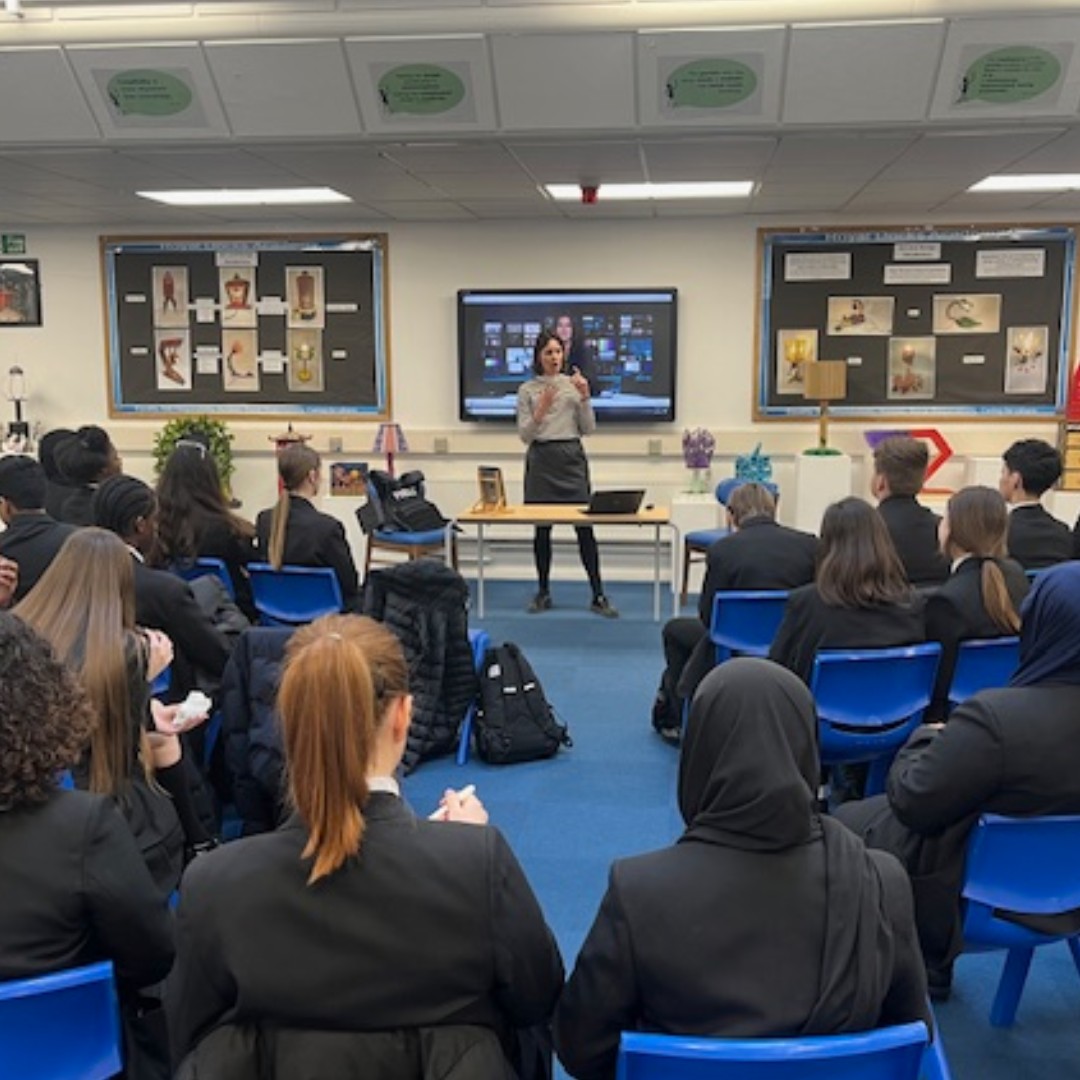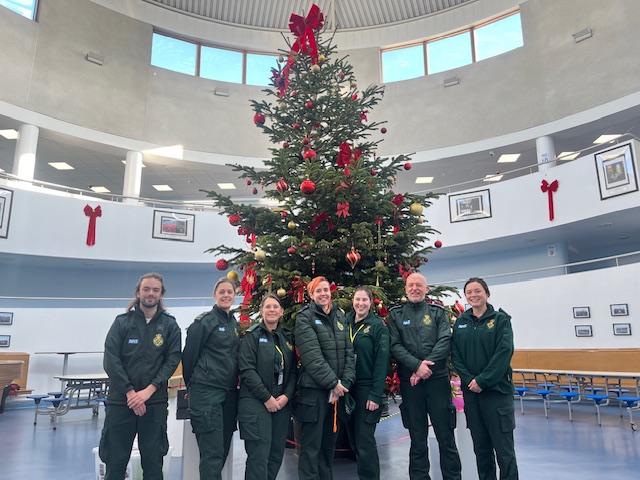Latest News

Tailored support through nurture lessons
Posted: 18th December 2018Students struggling with school academically or emotionally are being given tailored support to ensure they achieve their best.
Royal Docks Academy has launched a nurture programme for Year 7 and 8 students who would otherwise find school difficult.
Working in small groups, students with a variety of challenges are taught using step by step instructions and the “follow me” technique – where the teacher performs a small task and then they repeat it - to prevent them from feeling overwhelmed.
The aim is for students to move into mainstream lessons as soon as they are able to, whether that be after weeks or months or whether they remain in the nurture sessions until they select their options in Year 9.
Ellie McGoldrick, head of nurture, launched the groups in September. She said: “Children attending the nurture groups have been selected due to their SATs data, because they have special educational needs or because teachers here have established they would benefit from an alternative style of teaching.
“Some are with us for emotional support as much as academic support. It’s about giving them the confidence to move back into mainstream lessons.
“They are given heavy intervention and support which enables them to access a full curriculum. These children can achieve. We are not a school that would decide to not put them forward for their exams. For some children, achieving a grade 1 at GCSE is still an achievement. We want them to get their GCSEs.”
Students attend lessons in the full range of subjects, including English, maths, science, performing arts and Spanish.
In art, great strides are being made in terms of progress already.
Art, design and technology teacher Nadia Kitouni started her sessions by asking students to draw a self-portrait.
She said: “I was met with students saying they simply could not draw; they did not have the confidence or the knowledge to know how to go about the task. It overwhelmed them.
“Some cannot concentrate for more than two minutes, they need constant reassurance and lots of appraisal; their self-confidence and self-esteem is very low. So, we break the task down and do one step at a time and we do them together.
“What they were then able to produce was outstanding. They could not believe they could learn how to draw portraits. They achieved something and they could see that for themselves; they didn’t have to wait for me to mark it, they could see straight away they had learned and improved. I keep going back to their
original work to remind them each lesson of their progress and where they have come from. I have rarely taught a group where I have seen such rapid progress.”
Without the nurture groups, students may fall behind and lessons be disrupted.
Mrs Kitouni said: “When students cannot access basic things that we teach in any curriculum, it is really hard for them. There have been a lack of resources to set up this kind of intervention in the past.
“Because of these small groups, we can use the techniques they need. I play classical music during our art lessons which creates a calm environment and gives them peace in their heads. We open up their senses and then they become like sponges ready to learn.
“As a teacher, this is a great opportunity to shine within the profession. It is a real challenge, but it’s a challenge that we love as experienced teachers. We want to be challenged and to use our experience and new techniques.
“Our students are getting high quality teaching. This initiative is fantastic and I am very proud of what we are doing and the outstanding progress students are making.”





















